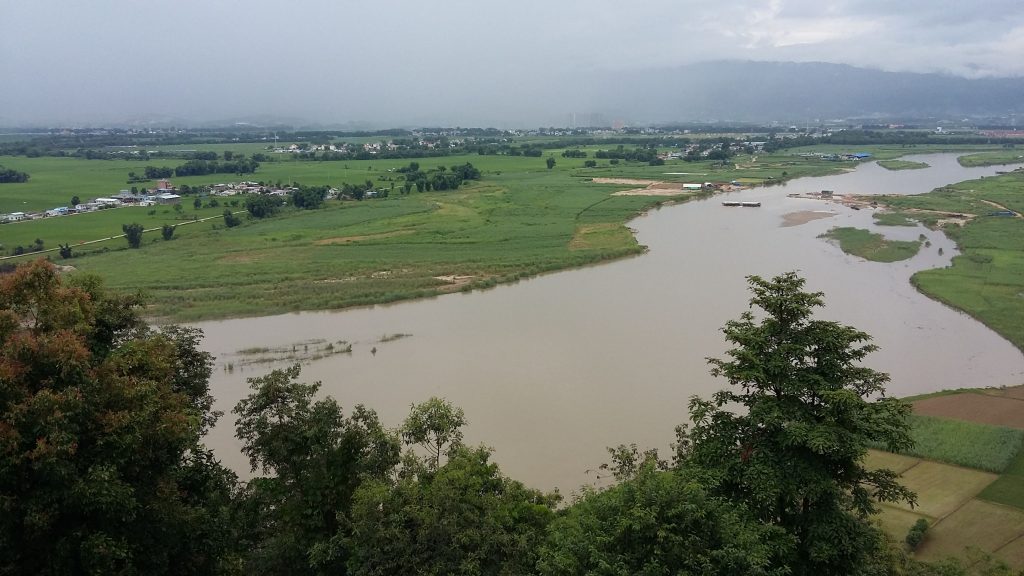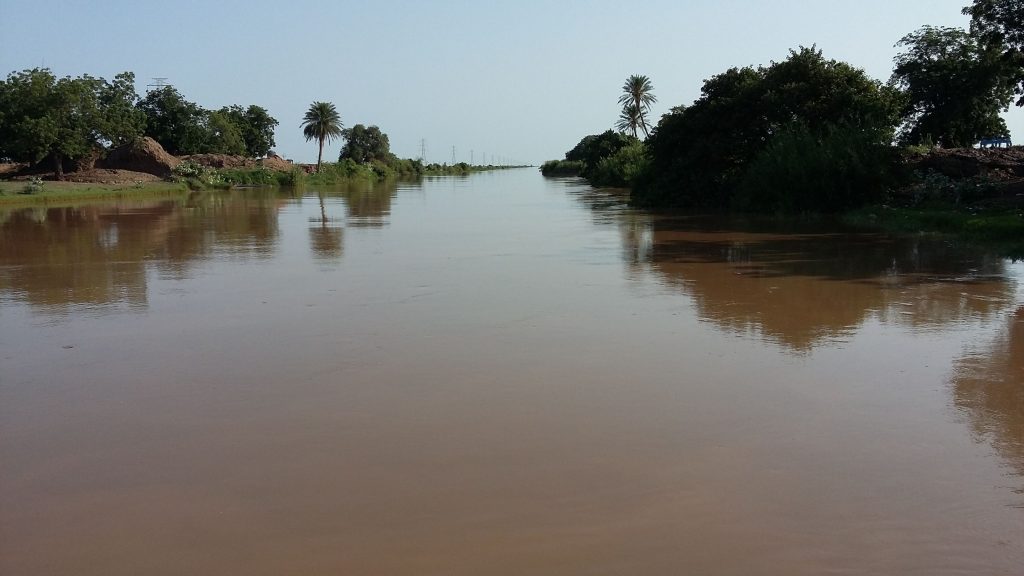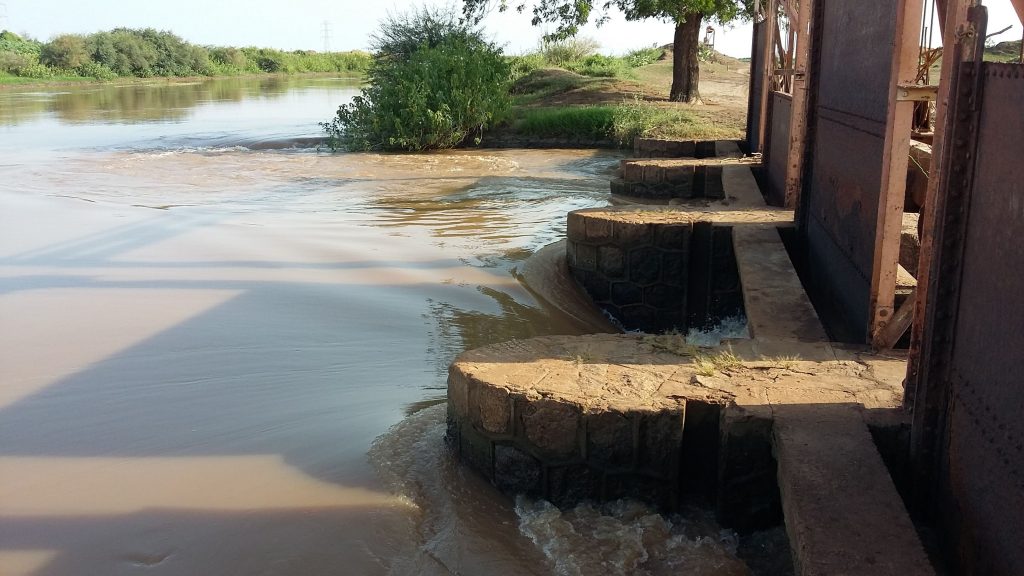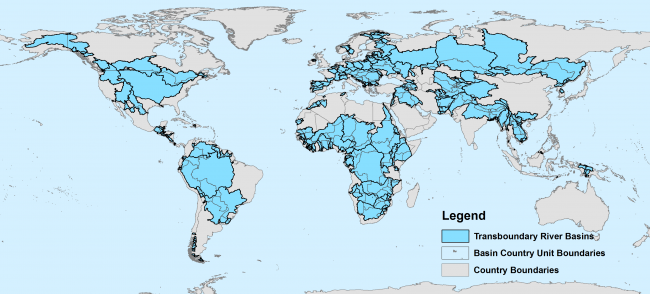About 60% of global freshwater flows cross national boundaries and almost 50% of the globe’s land surface are transboundary river basins. Growing population and water demand in combination with climate change pose a risk of resource depletion leading to competition and conflicts between riparian countries. Transboundary water management is therefore one of the mounting issues in the future.

Managing shared waters in an integrated and sustainable way aims to jointly develop and use water resources by facilitating information and data exchange, locating water infrastructure measures and operating water infrastructure collaboratively to better cope with hydrological extremes. In doing so, sharing benefits and costs helps increase overall efficiency.

SYDRO has a good track-record in this field of work. Experts of SYDRO are currently involved in transboundary water management hot spots at various scales, such as:
- the Eastern Nile, within the Coordinated Operation of Cascade Dams project
- the Kura River basin (Caucasus, Georgia and Azerbaijan), with the Water Supply and Demand Management project
- Thailand and Cambodia, through the Transboundary Flood and Drought Management project
- The Mekong Basin, through the Mekong Flood and Hydrology Reports on behalf of the Mekong River Commission since 2015
- Central Asia, within the frame of the project Improving Climate Resilience of Tajikistan’s Hydropower Sector
SYDRO carries out assessment and studies, holds training courses and facilitates workshops, provides capacity building and gives advice on strategic options for coordinated transboundary operation of water infrastructure, in particular, reservoir management. Benefit assessment exercises can help countries realize the potential value of cooperation. We are convinced that collaboration and coordination, whatever scale it is, improve the management of surface and groundwater and generate significant benefits for cooperating stakeholders.

- Header image: Transboundary Waters Assessment Programme (TWAP)
- Other images: © Hubert Lohr
